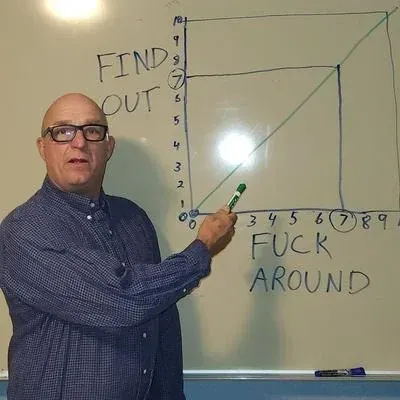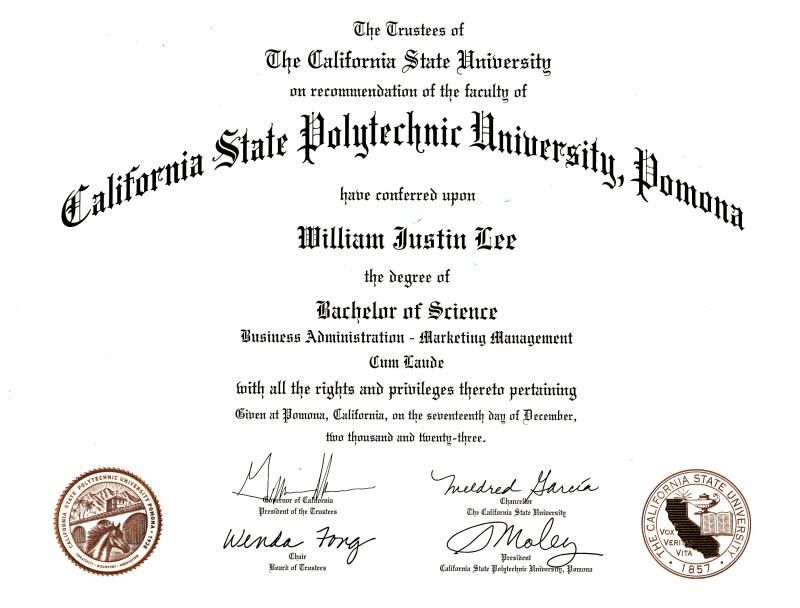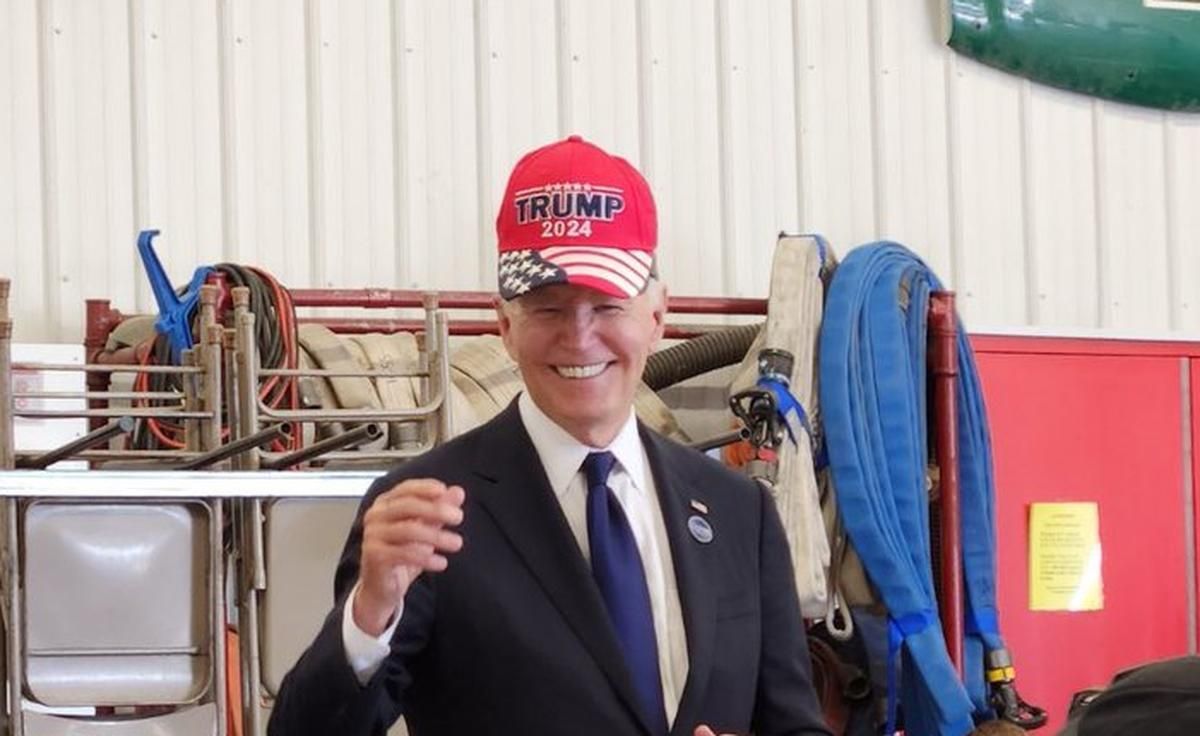Why you are a failure

WINNERS KEEP WINNING - It's a fact. There’s actual data behind this, not just some “hustle culture” bullshit.
The Matthew Effect, a concept in psychology. Ever heard of it? It’s a concept in sociology that says, “For to everyone who has, more will be given, and they will have an abundance. But from the one who has not, even what he has will be taken away.” Basically, if you’re already successful, you’re more likely to keep succeeding, and if you’re failing, you’re more likely to keep failing.
You’ve seen this everywhere: the rich getting richer, the famous getting more fame, and the winners just keep stacking up their trophies. And why is that? Because every time you win, you gain more resources, more confidence, more opportunities, and a larger network. You start to accumulate advantages that compound over time. It’s not just about being talented or lucky – it’s about using those wins to create even more wins.
I noticed a lot of up and coming entrepreneurs were very good at videogames. Specifically Minecraft Factions or Starcraft(CEO of Shopify) or LoL(The Scammer SBF). More on that in a future post.
Why This Applies to You
If you’re on the losing end, you’re not just up against the competition – you’re fighting against a system that’s designed to keep you down. This might sound harsh, but it’s reality. And most entrepreneurs ignore this. They think if they just keep “starting and reiterating,” they’ll eventually stumble into success. But that’s not how it works. You can’t just start blindly and hope for the best – you need to be deliberate, intentional, and strategic.
The problem is that losers stay losing because they don't put in the work to shift the odds in their favor. And no, running around with your head cut off, trying a bunch of random things, and hoping something sticks isn’t putting in the work. That’s just being busy, not effective.
A Princeton Study
This is where the Princeton study comes into play. You’ve heard the “10,000-hour rule,” right? The idea that you need to put in 10,000 hours of practice to become an expert. It’s a nice soundbite, but it’s misleading as hell. The Princeton study "Deliberate Practice and Performance in Music, Games, Sports, Education, and Professions: A Meta-Analysis" took a hard look at this idea and found that deliberate practice accounts for only 12% of individual differences in performance.
Link to the article: Link
So while practice is important, it’s not the full story. For professionals – like entrepreneurs – deliberate practice only accounts for less than 1% of performance differences. This means you could be grinding away for years and still not make it if you’re not practicing the right things. The biggest mistake you can make is thinking you’ll just “figure it out” if you put in enough hours. Spoiler alert: you won’t.
Why Most Entrepreneurs Fail: They Don’t Do the Research
Most of you fail because you’re not doing the one thing that could change everything: research. You’re treating your business like it’s a game of chance, rolling the dice and hoping you hit the jackpot. But winners aren’t gambling – they’re calculating. They’re running the numbers, studying the competition, and deeply understanding their market.
Take restaurants, 9 out of 10 of them fail. Everybody thinks they can whip up a decent meal, so they jump in without understanding the market dynamics, and then they crash and burn. Why? Because they didn’t analyze the demographics of their target customers, assess their competition, or even bother with a basic SWOT analysis. They’re operating with blinders on, and then they wonder why they’re out of business in a year.
You can’t rely on luck in a red ocean market where everyone is fighting for the same customers. You need to be armed with data, strategy, and a willingness to adapt.
The Matthew Effect + Deliberate Practice
Here’s the kicker: the Matthew Effect and the Princeton study are two sides of the same coin. The Matthew Effect explains why winners keep winning, but it’s deliberate, focused, and strategic practice that turns losers into winners. When you start to gain traction, even a little bit, you have to capitalize on that momentum. You need to double down on what’s working and build on those wins. This is how you create a snowball effect.
But if you’re just running and reiterating without any real direction, you’re not building momentum – you’re just running in circles. You need to be deliberate about where you’re putting your effort. If you don’t understand your market, your audience, or even your own strengths, then every hour you spend practicing is just reinforcing bad habits.
Why Elon Musk Wins and Keeps Winning
Let’s go back to Elon. He’s not just winning because he’s smart; he’s winning because he understands the Matthew Effect and knows how to leverage it. He didn’t jump from PayPal to SpaceX to Tesla by luck. He took the knowledge, skills, and resources he gained from one venture and applied them deliberately to the next. He’s not just practicing – he’s strategically applying everything he’s learned.
When Elon faces a challenge, he doesn’t just brute force his way through it. He studies it, dissects it, and learns everything he can. That’s why he’s a serial winner, and why so many people who “just start” end up as serial failures.
How This Applies to EVERY Aspect of Your Life
This isn’t just about entrepreneurship; this is about how you approach everything in life. Relationships? Same rules apply. You think you can just date around, “run and fall, repeat,” and eventually you’ll find the right person? No, you need to be deliberate about learning from your past relationships, understanding what went wrong, and applying those lessons moving forward.
Your career, your health, your personal growth – the Matthew Effect is in play everywhere. If you’re not intentional about learning and improving, you’re not going to magically wake up successful one day. You’ll just keep repeating the same mistakes, wondering why you’re stuck in the same place while everyone else is moving ahead.
So How Do You Stop Being a Loser?
- Do YOUR FUCKING HOMEWORK – do the research. Understand your market, your audience, your competition, and yourself. This is the foundation of everything.
- Leverage the Matthew Effect: Once you start winning, capitalize on it. Use your wins to open up more opportunities, build more resources, and create more momentum. Don’t just sit back and enjoy the success – use it to fuel even more success. Take what works and duplicate.
- Deliberate Practice Over Random Hustling: Stop hustling blindly. Focus your practice on the areas that matter most. Don’t just work hard; work smart.
- Learn from Every Single Failure: Every time you fall, figure out why. Don’t just brush it off. Analyze, adjust, and come back stronger. That’s how you flip the script from losing to winning.
Conclusion
The Matthew Effect and the Princeton study should be a wake-up call. If you want to stop being a loser, you need to start thinking like a winner. And that means doing the work. The deliberate, focused, and often boring work that most people aren’t willing to do.
You can’t just start and hope for the best. You need to start with intention, with research, and with a plan. That’s how you turn the odds in your favor. That’s how you stop running in circles and start winning.
And if you’re still out here thinking you can shortcut your way to success, you deserve every failure that comes your way. Because winners? They don’t just try harder. They try smarter. And that’s why they keep winning while you keep losing.











